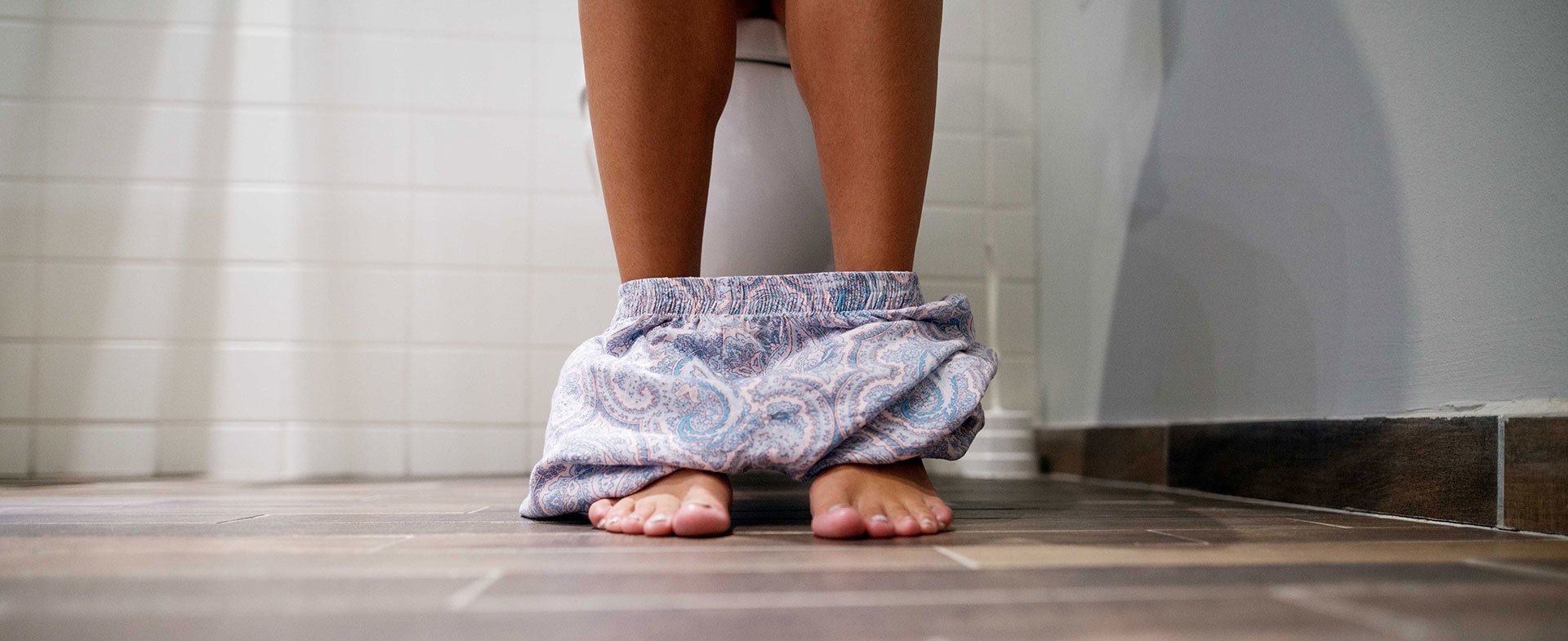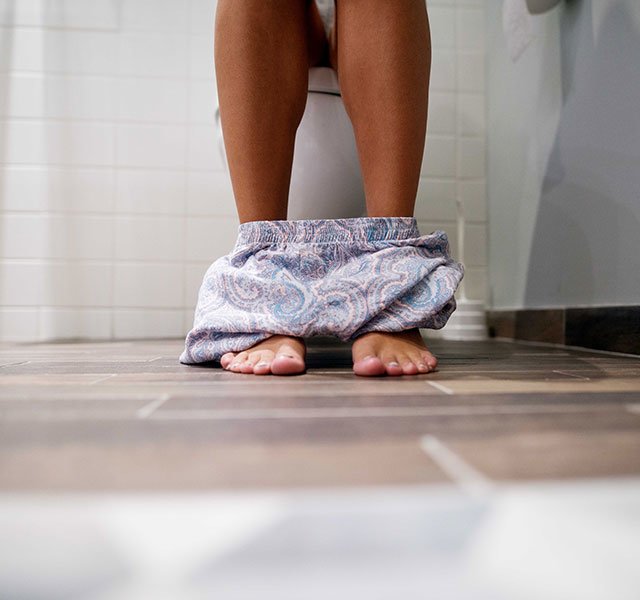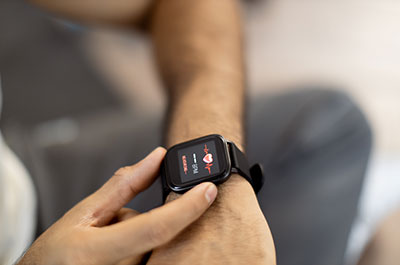It’s one of the most dreaded screenings on people’s healthcare to-do lists: Colonoscopy time. Often the anticipation — and a little unpleasantness as you prep — is much worse than the actual test.
But getting it done is so important, because colorectal cancer is the third leading cause of cancer death in the United States, taking an estimated 51,000 lives annually.
What’s more, recent studies have shown that incidences of colon cancer are rising among young adults. As a result, the American Cancer Society and other cancer experts now recommend that for individuals with an average risk of colon cancer (no family history of colon cancer or other risk factors) colonoscopy screenings take place at age 45, rather than the previous recommended age of 50.
The good news is that colon cancer one of the most treatable forms of cancer if detected early. In many cases, screening can even prevent the disease from developing.
“Most people who have polyps, and even those who have colon cancer, don’t experience any symptoms,” says Edwin Itenberg, D.O., a colon and rectal surgeon at Henry Ford Health. That’s why screening with colonoscopy is so important. The simple procedure allows doctors to detect cancer in earlier, more treatable stages. It also gives them an opportunity to remove polyps during the exam and prevent cancer from developing.
Unfortunately, a clean colon is required for doctors to find and remove polyps – and that requires some preparation. Colonoscopy prep has two parts: diet and a course of strong laxatives. It might sound daunting, but these six steps will help you sail through:
- Follow instructions. Prior to your exam, your doctor will provide you with detailed instructions. The goal of these instructions is to help you clean out your digestive tract so your doctor can easily see polyps and other abnormalities – and so you don’t have to go back for a second look. Make sure you understand the instructions and call your doctor with any questions.
- Stock your bathroom. Pick up your physician-prescribed liquid laxative, along with some medicated wipes with aloe and vitamin E and skin-soothing moisturizer (such as Vaseline or Aquaphor). You might even consider applying diaper rash ointment or hemorrhoid cream before prep to help protect your skin.
- Watch your diet. A few days before the procedure, you’ll need to avoid whole grains, raw fruits and vegetables, nuts, seeds and meat. Instead, you’ll eat mostly white foods – things like rice, pasta, bread and potatoes, along with cooked or canned fruits and vegetables.
- Drink clear fluids. The day before screening, you’ll eat a clear liquid diet – think apple juice, Jell-O, clear soft drinks, popsicles and broth. Drinking a lot of fluids will help you stay hydrated. Just avoid anything with red, blue or purple dye.
- Doctor your prep drink. A lot of people find the prep drink tough to tolerate. To make it more palatable, keep it cold, drink it through a straw and suck on lemon flavored or tart candies after each glass to squelch the unpleasant taste. If the solution doesn’t come flavored, you can also add powdered drink mix for flavor (as long as it’s not red, blue or purple). Try lemon. And if you're still not sure about it? Ask your doctor about the new prep pill, which you may find easier to stomach than the prep drink.
- Stay on schedule. For many people, the most difficult part of a colonoscopy is making the appointment. “The key is to stay on schedule in terms of when you’re supposed to get screened,” Dr. Itenberg says. On prep day, you’ll need to be close to a bathroom. On test day, you will be sedated and will need time for the medication to wear off.
Health authorities recommend people who are at average risk of colorectal cancer begin colonoscopy screening at age 45. People who have a family history of the disease, those who have had benign polyps or people who have other risk factors like inflammatory bowel disease, should discuss when to start screening with their doctors. Some people may need to start colonoscopy screening as early as age 21.
“In general, colonoscopies are safe and well tolerated. Most people don’t even remember the procedure,” Dr. Itenberg says. “And after it’s over, we can tell you if there were any polyps or signs of cancer and when your next scope will be due.”
In between colonoscopies, it’s important to stay on top of your gastrointestinal health and discuss any changes in bowel habits with your doctor. Most importantly, don’t ignore rectal bleeding. “People tend to self-diagnose all rectal bleeding as hemorrhoids, but that’s not always the case,” explains Dr. Itenberg. “It’s better to get checked out. Not only will you gain peace of mind, but you can wait five to ten years before your next colonoscopy screening.”
To find a doctor at Henry Ford, visit henryford.com or call 1-800-436-7936.
Dr. Edwin Itenberg is a colon and rectal surgeon at Henry Ford Health. He sees patients at Henry Ford Hospital in Detroit, Henry Ford Medical Center--Columbus and Henry Ford Medical Center--Lakeside.



